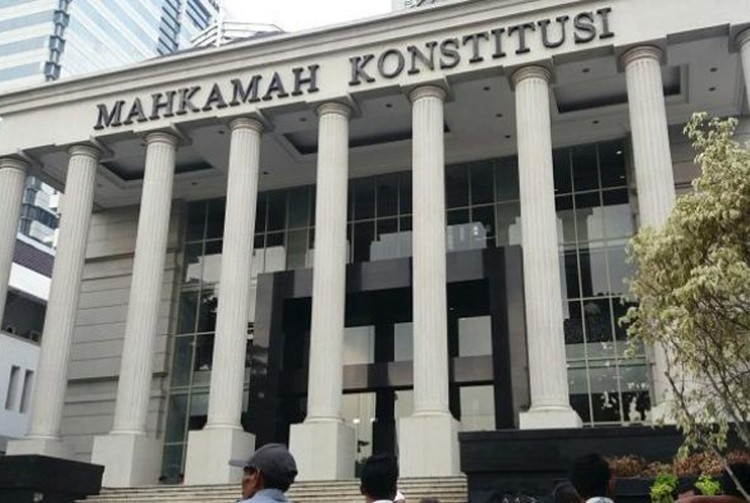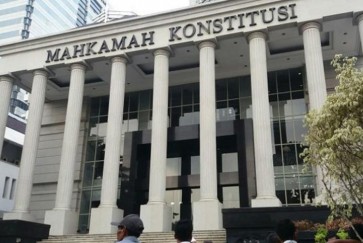Popular Reads
Top Results
Can't find what you're looking for?
View all search resultsPopular Reads
Top Results
Can't find what you're looking for?
View all search resultsPresidential system and unnecessary constitutional amendment
Change text size
Gift Premium Articles
to Anyone
P
resident Joko “Jokowi” Widodo has signaled his objection to a plan to amend the 1945 Constitution. Like many others, he is afraid the constitutional amendment would restore the People’s Consultative Assembly (MPR) as the highest state institution and therefore pave the way for a return to the indirect election of the president by the MPR. He also thinks reinstatement of the State Policy Guidelines (GBHN), another item on the agenda of the amendment, is inadequate for rapid economic transformation.
Likewise, many have criticized the amendment plan, which is supported by the Indonesian Democratic Party of Struggle (PDI-P) and the Gerindra Party, saying they see no urgency for it.
The constitutional amendment, if realized, amounts to a setback that will undermine the democratization that Indonesia has been working toward for 20 years. There are at least four political and economic reasons to reject the amendment plan, particularly the revival of the GBHN.
First, Indonesia has the National Long-Term Development Plan (RPJPN), which spans between 2005 and 2025. It answers the question of a sustainable development plan. The RPJPN, followed by the National Medium-Term Development Plan, has maintained the sustainability and connectivity of development programs from one term to another.
Second, restoring the GBHN will weaken the presidential system of government and undermine political legitimacy. It will reduce the president to merely being an agent of the MPR. Looking at Indonesia’s experience, the president would have to comply with the GBHN as a product of the MPR, or else he would face impeachment.
One key lesson was the case of then-president Abdurrahman Wahid, who was impeached in 2001. With such a hierarchy, the legislative branch wields more power than the executive branch.
The constitutional amendments between 1999 and 2003 led to a parallel transformation of democratization and the making of our political system into a presidential one. The system gives every president full command of all development plans and their implementation. It supports the ideal presidential characteristics, in which the president receives a full mandate from the people, through a democratic election, and hence becomes their agent.


















